A new study found that in 2020, civil rights have deteriorated in almost every country in the world.

Civicus Monitor found that many governments used the pretext of COVID-19 restrictions to curtail the right to free speech, media independence, LBGT+, immigrant, refugee rights, peaceful assembly and freedom of association.
According to the study, 87% of the global population is now estimated to live in nations classified as “closed”, “repressed” or “obstructed”.
So what?
COVID-19 provided a new context for governments to introduce additional restrictions on civil freedoms – often compared in their magnitude to martial law.
As a result, many state and non-state actors with authoritarian tendencies used the pandemic as an excuse to use their increased powers excessively in order to implement their political agenda. This has translated into passing unpopular laws, using excessive force in police interactions, and facilitated the rolling out of extensive surveillance programs – all of which are likely to remain in force also post-pandemic.
Given COVID-19 is predicted to be only the first in a series of shocks of the decade, it’s incredibly likely the tendency to reduce civil rights might continue growing strong across the globe, particularly if the far right movements continue to gain in popularity.
Sources
-
 Covid used as pretext to curtail civil rights around the world, finds report http://www.theguardian.com/global-development/2020/dec/09/covid-used-as-pretext-to-curtail-civil-rights-around-the-world-finds-report
Covid used as pretext to curtail civil rights around the world, finds report http://www.theguardian.com/global-development/2020/dec/09/covid-used-as-pretext-to-curtail-civil-rights-around-the-world-finds-report -
 Country Rating Changes - Civicus Monitor 2020 https://findings2020.monitor.civicus.org/rating-changes.html
Country Rating Changes - Civicus Monitor 2020 https://findings2020.monitor.civicus.org/rating-changes.html
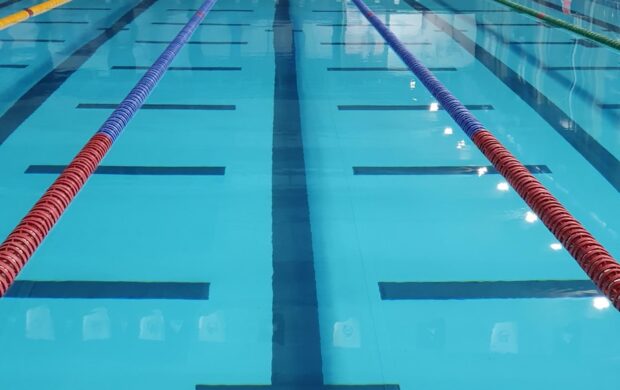

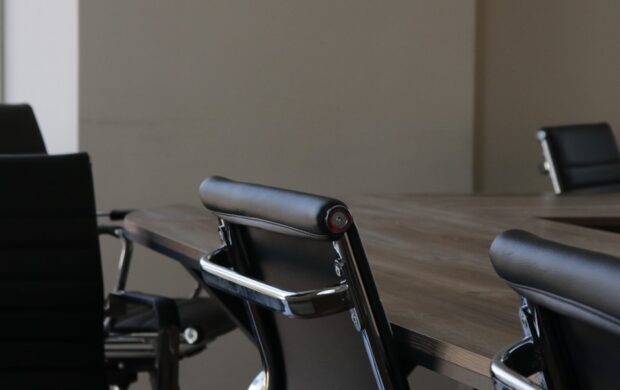
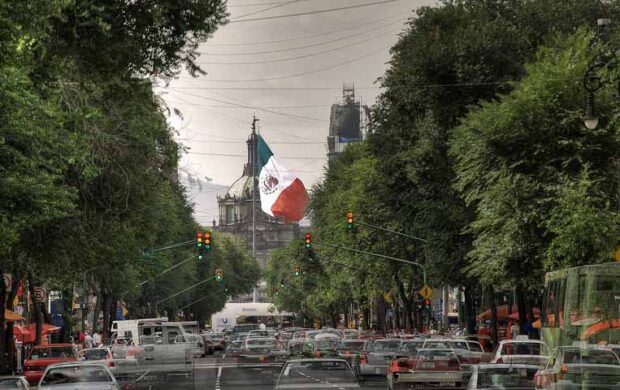


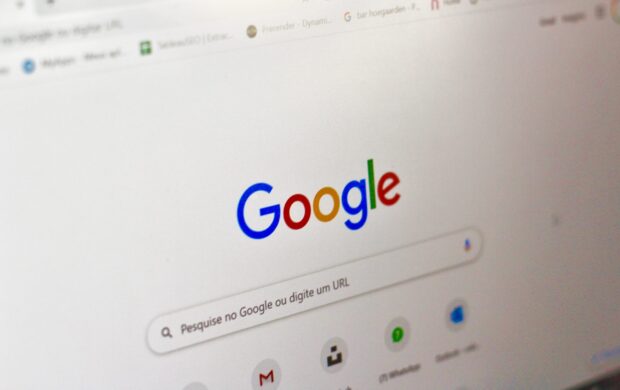


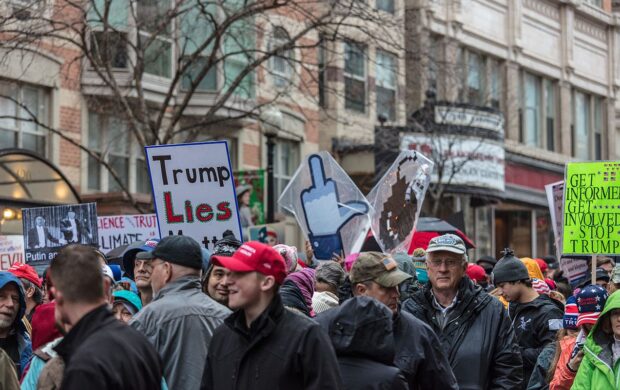
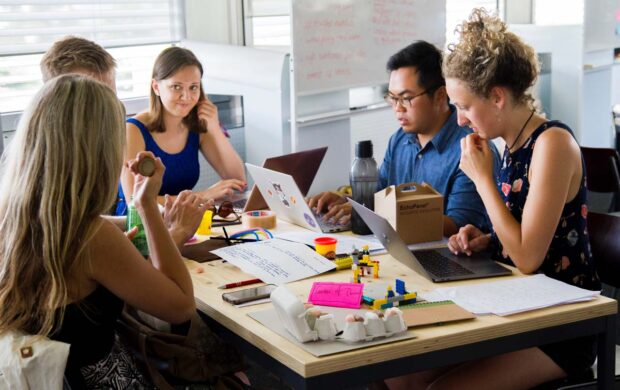

Join discussion